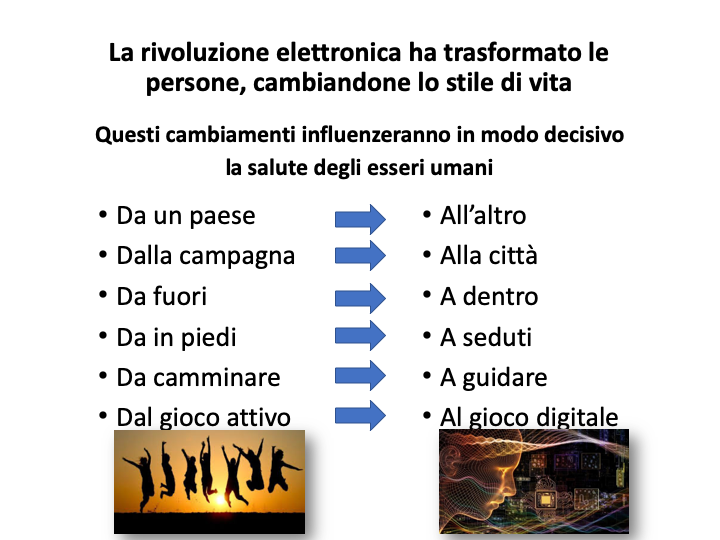Studies on athletes’ use of social media highlight both positive experiences and implications (e.g., team support, motivation, image management, and connection) and negative ones (e.g., criticism, obligations, and anxiety). It’s important to note that these studies explicitly focus on social media, which represents only one aspect of smartphone use.
A study on Canadian athletes revealed a weekly smartphone usage frequency of 32 hours, with social media being the most used application, exceeding other types of usage by 7 hours. This highlights a strong presence of these activities throughout the week, likely surpassing the number of hours dedicated to training.
This research detailed specific aspects of the relationship athletes can have with their smartphones. These findings need to be confirmed by further studies but are consistent with what is described about adolescents. Athletes report using Messenger, Instagram, Snapchat, YouTube, music, and organizational tools such as the calendar, alarm, and email applications. 81% reported using it in a moderate or almost always-intensive manner.
Intensive users reported always having their smartphones with them or nearby and using the device for “everything” during the day. They described the need to constantly check and respond to notifications immediately. Moderate users identified themselves in similar terms to intensive smartphone users, with the difference that they regularly tried to monitor their smartphone use and reduce unhelpful smartphone habits. Conversely, light users reported feeling the need to use their phones only for essential tasks and otherwise feeling able to separate and ignore the device without feeling obligated to respond to messages, calls, or notifications.
The greatest paradox expressed by the athletes concerns the experience of being separated from their smartphones. Many identified deliberately taking a “break” from the phone as a source of relief. However, this relief is present only when the athletes are not expecting important information via their phones. If the smartphone separation is forced (e.g., forgetting the phone, the phone freezing), it can induce a state of anxiety and/or panic. One athlete explained her dichotomous position: “I think I am calmer when I know I don’t need it. Because I know if I need it, then I keep checking it, becoming anxious… It’s a mix between freedom and anxiety. It’s the freedom of simply not having the phone. And then anxiety, of course, if you’re waiting for something.”
It is clear that university athletes use their smartphones to manage roles and demands in multiple contexts (e.g., sports, school, home), and therefore, simply focusing on the negative implications of use does not recognize the entire range of athletes’ interactions with their phones. Based on this data regarding smartphone use in the sports context, it is recommended that sports psychologists, coaches, and athletes avoid a one-size-fits-all approach to usage rules.





